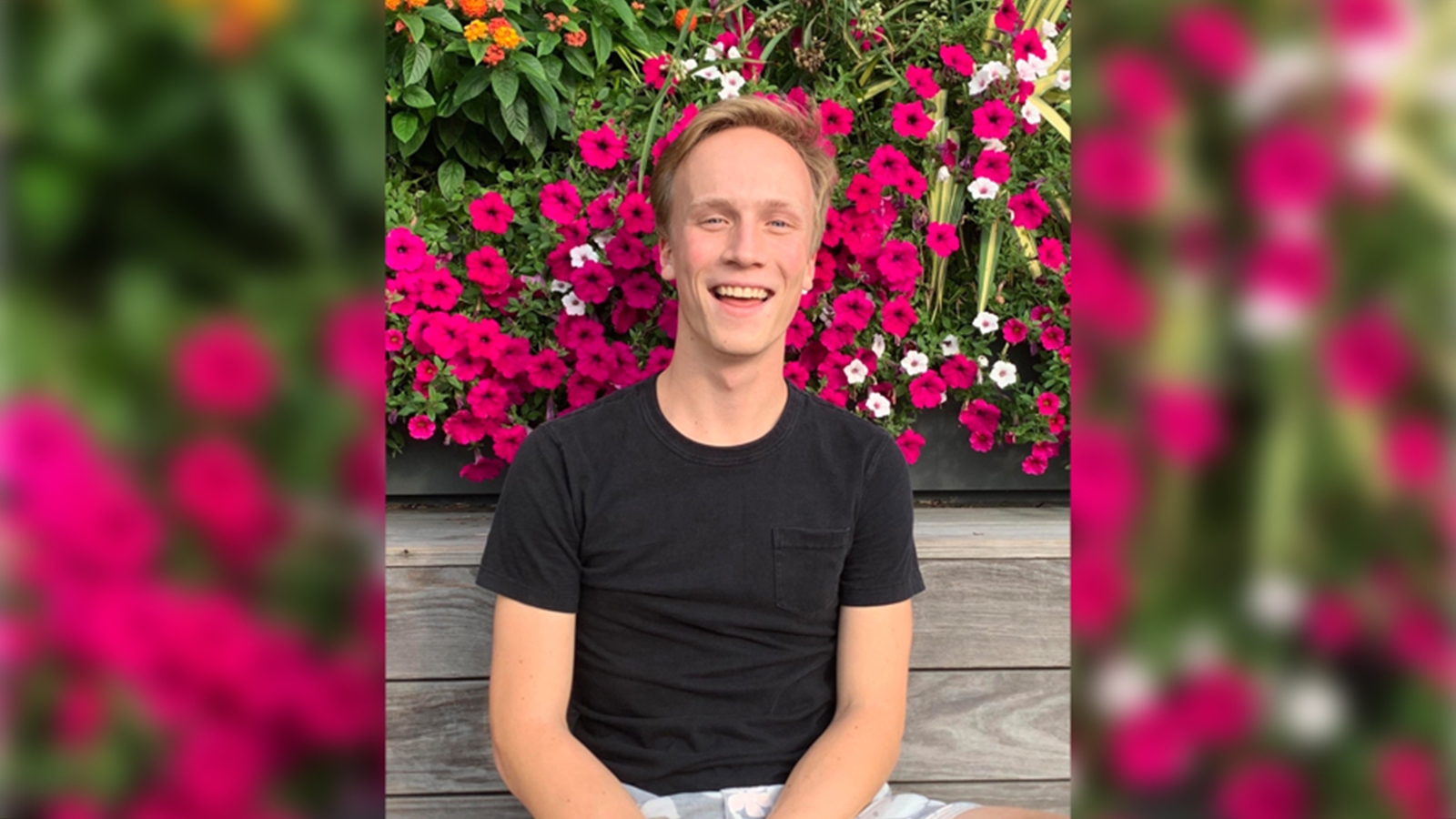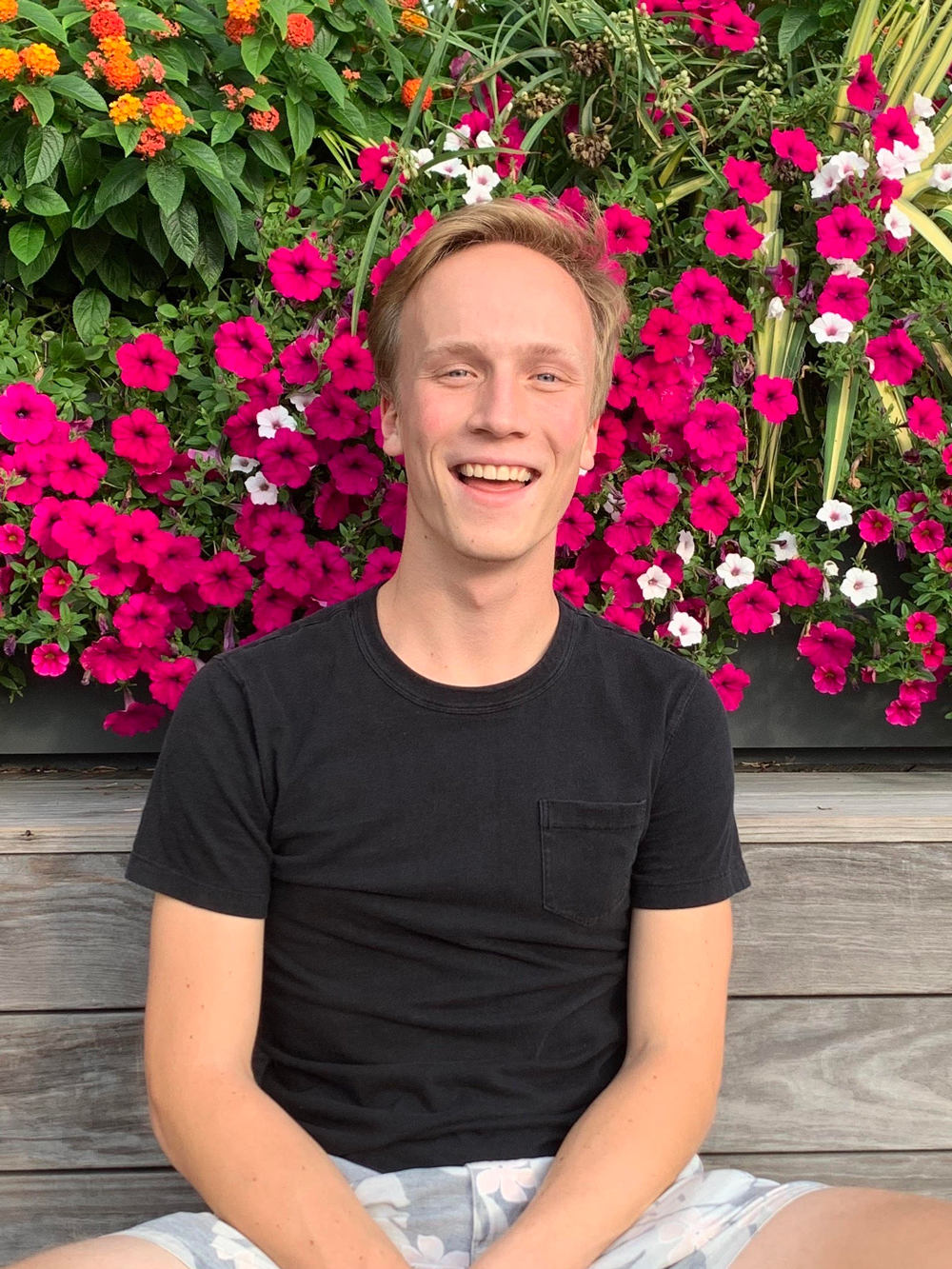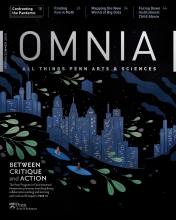Protecting Philadelphia’s Urban Gardens
Undergraduate Piotr Wojcik, an urban studies major, wants to protect community gardens from disinvestment and big data.

For his senior thesis, Piotr Wojcik, C’20, examined how Philadelphia is mapping vacant land parcels—like those used for urban gardens—through information technology and how that impacts uneven spatial development.
The urban studies major and Penn Program in Environmental Humanities fellow did a fieldwork placement at the Philadelphia Orchard Project, a nonprofit organization that plants and supports community orchards in the city. That experience brought Wojcik a deeper appreciation for the sustainable development of urban land and the need for more just food distribution for those from all socioeconomic backgrounds. It also introduced him to the Neighborhood Gardens Trust, a nonprofit organization and land trust dedicated to preserving and supporting community gardens and other shared open spaces across the city. The group helps communities create an acquisition strategy so they can have documented and legal tenure of the gardens and the land underneath.
Wojcik’s thesis investigated Philadelphia’s data-driven mapping initiatives. He explains that when the city marks a piece of land as vacant, it becomes a target for redevelopment and puts the work of community gardens—some that have been worked by the community for a decade or more—at risk. Wojcik says that the neighborhoods with the most vacant parcels are also the most under-resourced.
Wojcik would like to see the city develop a safety net policy that protects the community’s investment in urban gardens and supports the development of urban produce in under-resourced areas.
This spring, while completing his senior year online due to the outbreak of the coronavirus, Wojcik continued his thesis work by highlighting alternative ways of representing and understanding uneven land development in Philadelphia. The call for social distancing and limiting time outside the home has interfered with his original plans, but he is navigating the new normal. He says the coronavirus has also “inspired deeper thinking about borders at multiple scales—of the private parcel or the home, of different neighborhoods in Philly, and of different nations across the planet.”




